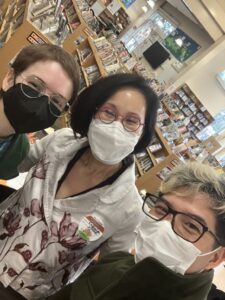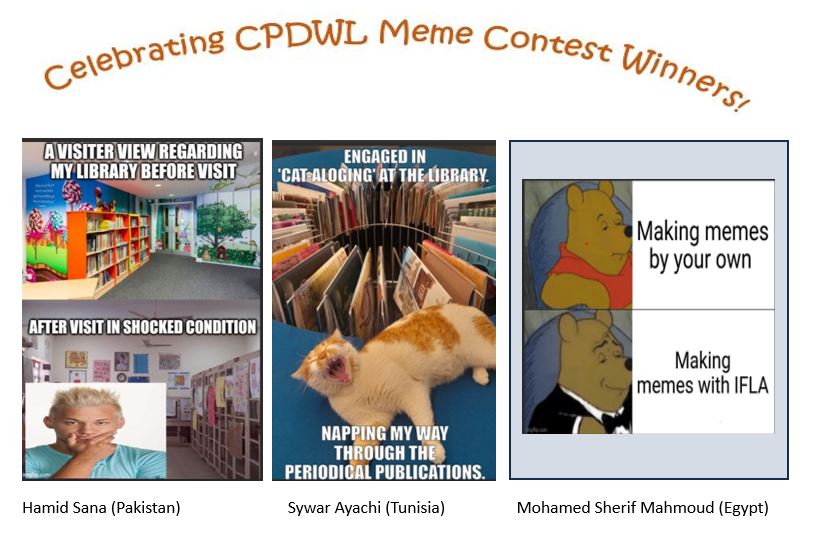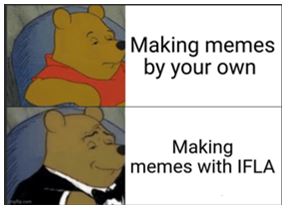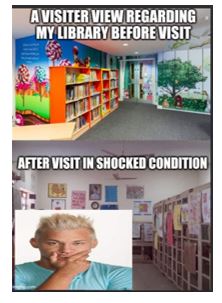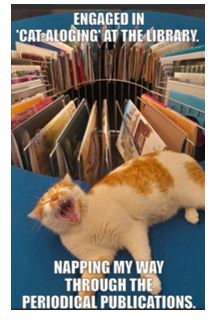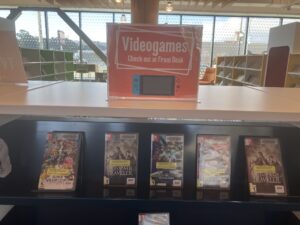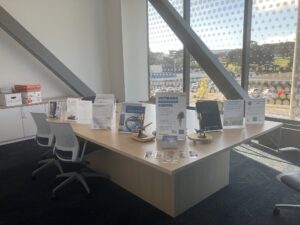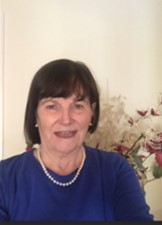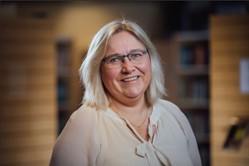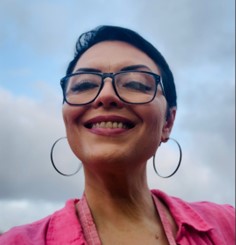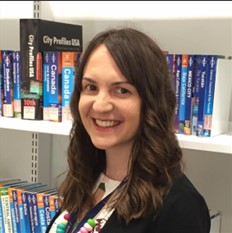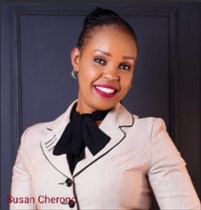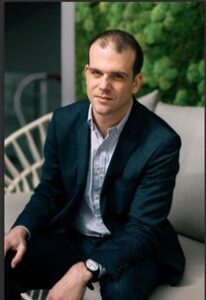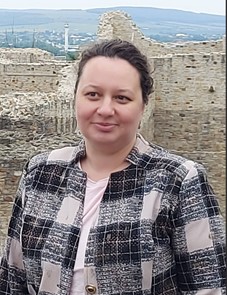
Tracie D. Hall
Professional development work is more than attending a conference or a webinar. It’s about learning how to bring one’s values into the learning to address issues like inequity and disparity in the field. We spotlight library thought leaders and their thoughts on professional development and research. In this blog post, we interview Tracie D. Hall, Incoming Distinguished Practitioner in Residence at the University of Washington Information School, for her thoughts on library issues like censorship, her current research project, and reflections on IFLA WLIC 2023
Thank you for speaking with us! Please tell us about your work, your research, and what you are focusing on in libraries. What are you looking forward to regarding the University of Washington Information School?
Since leaving the American Library Association (ALA), I’ve turned to a research project that has literally been on the side of my desk for the past decade. I’m interested in the history of de facto and de jure efforts to restrict the right to read and the right to learn to read, both in and beyond the United States. Censorship, compulsory illiteracy, and disinformation have long been used as tactics to repress and disempower people. I am returning to that subject in the hopes that I can produce some substantive writing that will raise visibility and inspire reparative action.
I think what I’m looking forward to most at the University of Washington Information School, which is also my alma mater, is co-investigating with students the deeply political nature of information access in and outside of libraries. Whether we acknowledge it or not, the flow of information and the ability to access and interpret it, ultimately determines socioeconomic and political agency or conversely, disenfranchisement.
You attended IFLA WLIC 2023 in Rotterdam, what did you think? Any highlights and reflections you want to share with us?
As always at IFLA, I spent a lot of time at the poster sessions. I really learn from talking with library practitioners about applied research. There were librarians from places like Senegal and Indonesia doing really progressive work. I was particularly impressed with the lengths that librarians at Chaoyang University of Technology (CYUT) in Taiwan have gone to make their Poding Memorial Library open to the broader community beyond the campus. I think that colleges and universities have a real opportunity to grow their reach and impact by expanding their adult education offerings beyond degrees and certifications, and the library can be a resource for that.
Another huge highlight of WLIC 2023 is that I spent a significant amount of time, as I always try to do, visiting public libraries. I was able to get to the Rotterdam Public Library, De Boekenberg (the public library of Spijkenisse), The Hague Public Library, Utrecht Public Library, and of course OBA — Amsterdam’s public library, which I first visited shortly after its opening in 2007 and remain obsessed with.
Visiting libraries outside of the US and looking for new and different models of service and how users respond is an indispensable part of my ongoing development as a librarian, LIS strategist, and educator. I have been known to plan my entire travel itinerary around libraries, even when taking vacations.
We’ve been seeing an increasing wave of book banning especially on authors and illustrators who are Black, Indigenous, People of Color (BIPOC) or LGBTQ+ in North America, in Asia, and in Europe now, what are your thoughts about these issues happening globally?
You are right that the resurgence and really unprecedented nature of book censorship today has quickly become a global phenomena.
In the last six months I’ve spent sustained periods in Australia, South America, and Europe speaking about and observing the suppression of information, which has increasingly become state-sponsored or aided. Though book censorship is not new, what’s concerning is that we are seeing the rise of censorship occur in and across democracies that fought for and were founded on civil liberties such as freedom of speech, freedom of the press, freedom of religion, and freedom of assembly. Restricting any one of these interconnected freedoms poses a threat to the ecosystem necessary to maintain democracy.
What’s really worrying is that I am seeing evidence that those that seek to restrict the right to read and to discredit the histories of marginalized people in order to politically suppress those communities are being informed and emboldened by the book banning and media disinformation that has become so rampant in the US. Now we have some states banning not just books but also words like “gay” and in Alabama censuring whole concepts like Diversity, Equity, and Inclusion. My concern is that if we are not careful, censorship — as well as information restriction, and thought-policing – will become one of the most consequential US exports of this contemporary era.
When we met at WLIC 2023, we briefly talked about the meaning of justice as a value in our work. You mentioned in a presentation at the ALA Annual 2020 virtual conference, “Let our legacy be justice.” How should we ground ourselves in this meaning, and consider what justice means in librarianship work?
It isn’t lost on me that of the speeches I made and writings I authored during my tenure as executive director at ALA, “let our legacy be justice,” seems to have left the most indelible mark. I’m grateful for that.
I wrote those words less than a month after the murder of George Floyd, when compounded by the racial and class disparities further revealed by the pandemic, libraries like other institutions were encountering lines in the sand: racist or antiracist, complicit or accountable, performative or committed, unjust or just. And to be honest, there are long histories of libraries being on both sides of these relationships.
What I wanted to stress then is that we who run and work in libraries always have a choice to reinforce the status quo of racism, classism, ableism, homophobia, and bias, or resist it. History judges every generation. That judgement becomes our legacy. My plea was then, as it is now, that when we are judged for what we did and what we did not do, let’s work to ensure that the collective legacy of library workers practicing today is that we consciously tried to stand on the right side of history. Let it be that we consciously chose equity, accessibility, fairness, and inclusion. Let our legacy be that we did not let disparity, violence, and tyranny stand unchecked even when it loomed over us, even when it called us out.
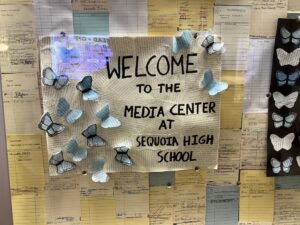
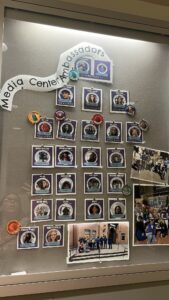
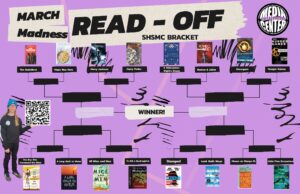
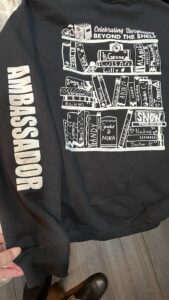
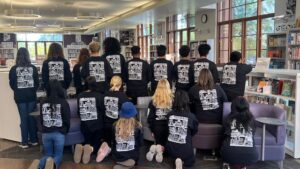
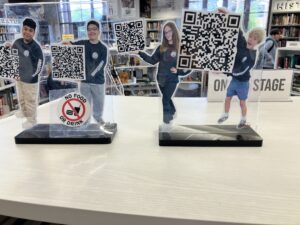 .
.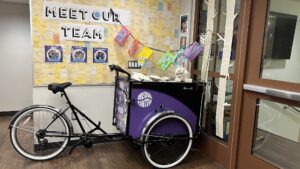
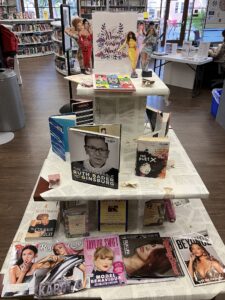
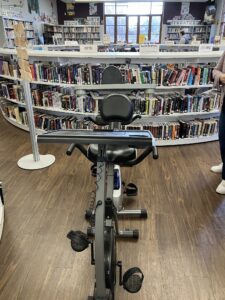
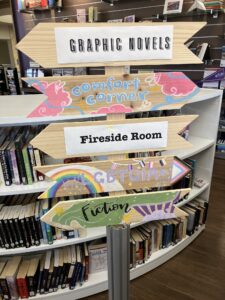
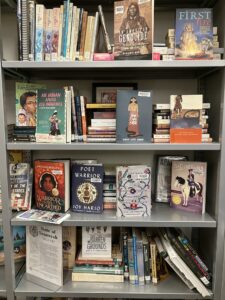
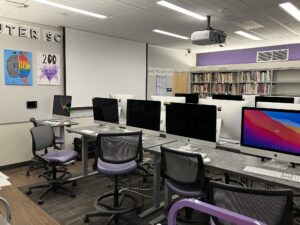
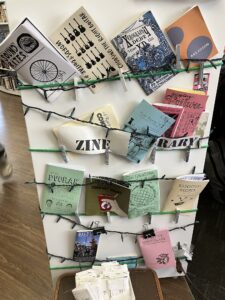
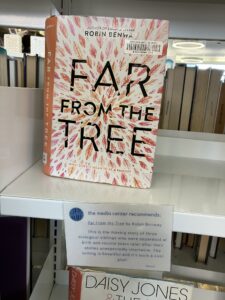
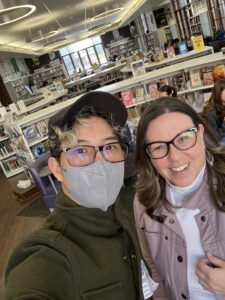
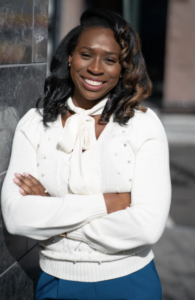
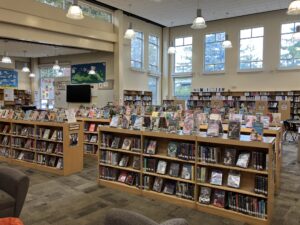 As part of this CPDWL blog series on visiting libraries, I wanted to highlight a middle school library visit (a library for students ages 11-13). Located in Palo Alto, California (USA), this middle school is called “
As part of this CPDWL blog series on visiting libraries, I wanted to highlight a middle school library visit (a library for students ages 11-13). Located in Palo Alto, California (USA), this middle school is called “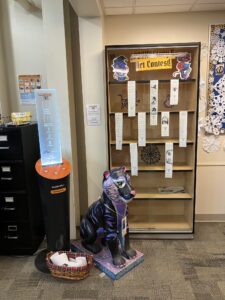
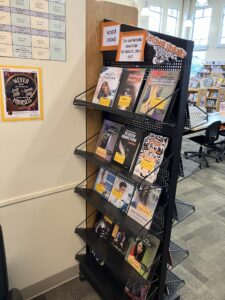
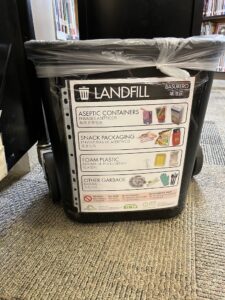
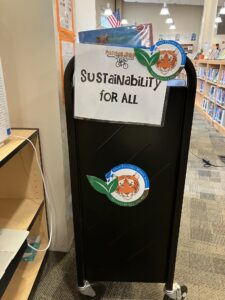
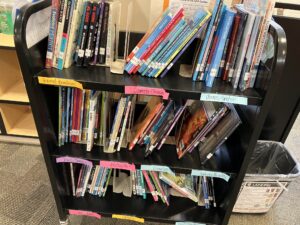
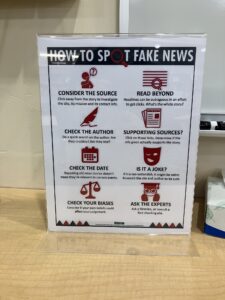 We also discussed collection development strategies and how they actively diversify the collection to reflect different voices and identities. I learned from Ms. Lee about how she as a teacher librarian, engages with the curriculum by collaborating with teachers on assignments such as an Ancient Egypt research project, having books ready on shelf on that topic. She was also ready to engage with students having to cite their sources. I also noticed the
We also discussed collection development strategies and how they actively diversify the collection to reflect different voices and identities. I learned from Ms. Lee about how she as a teacher librarian, engages with the curriculum by collaborating with teachers on assignments such as an Ancient Egypt research project, having books ready on shelf on that topic. She was also ready to engage with students having to cite their sources. I also noticed the 